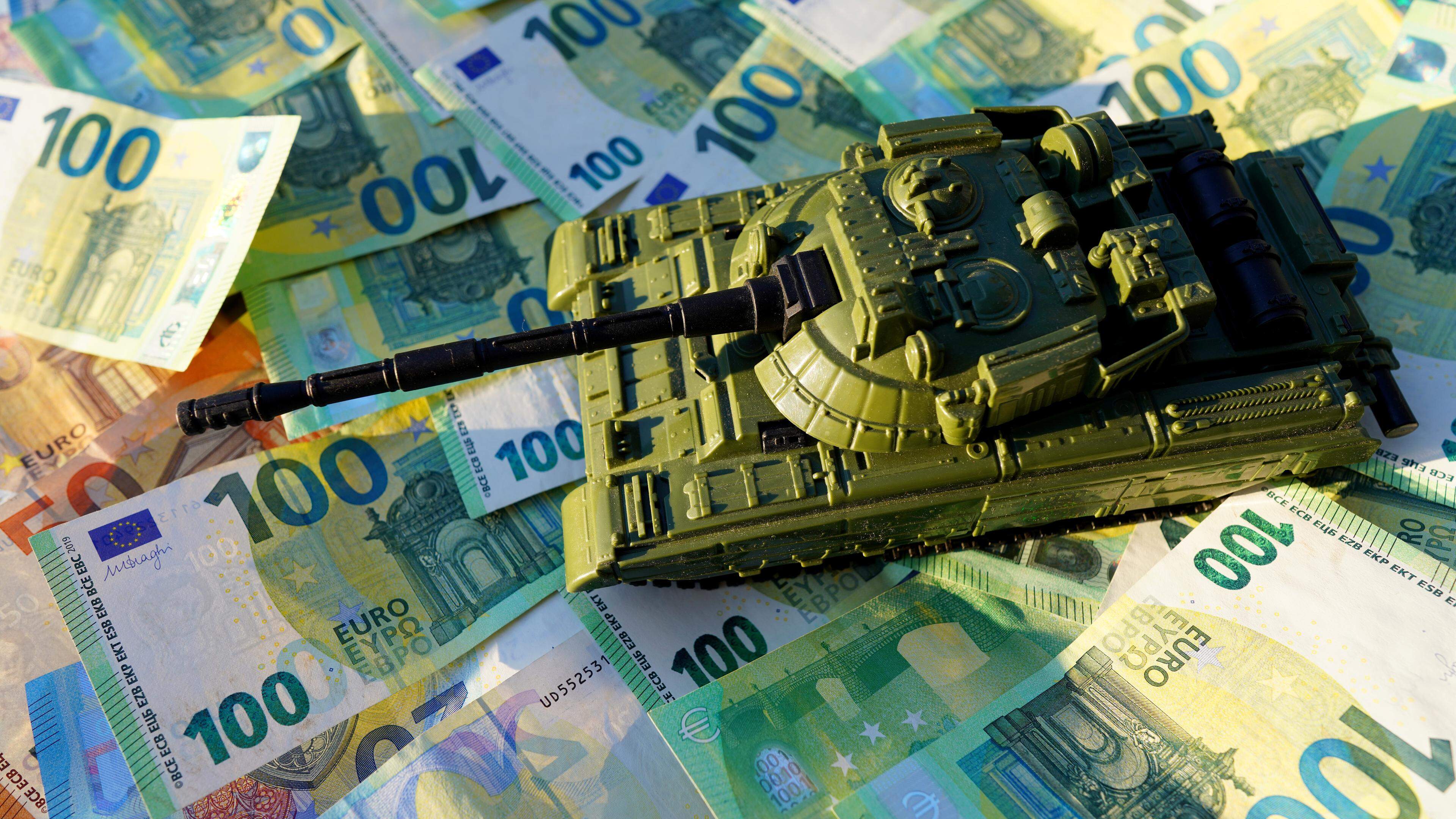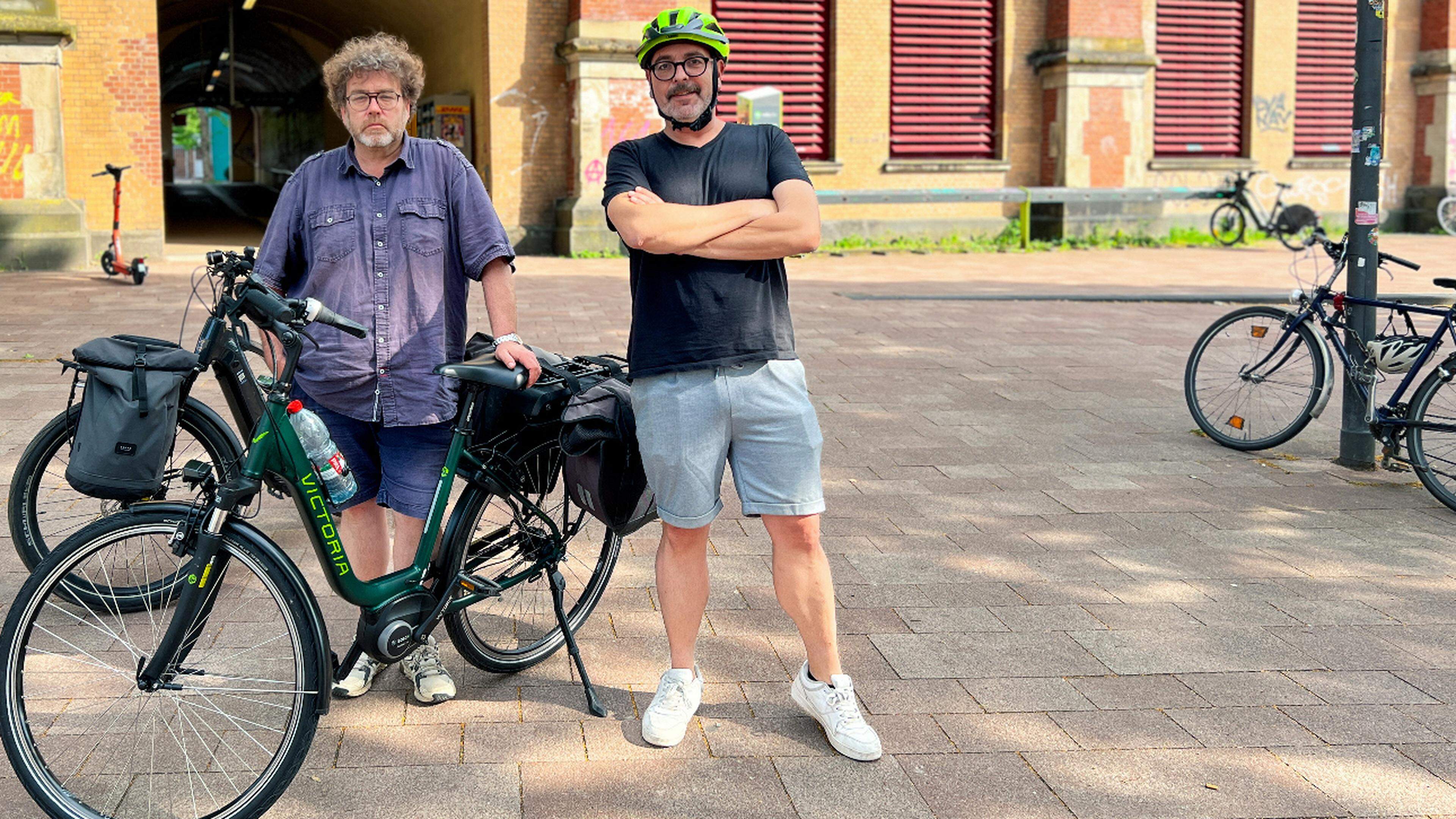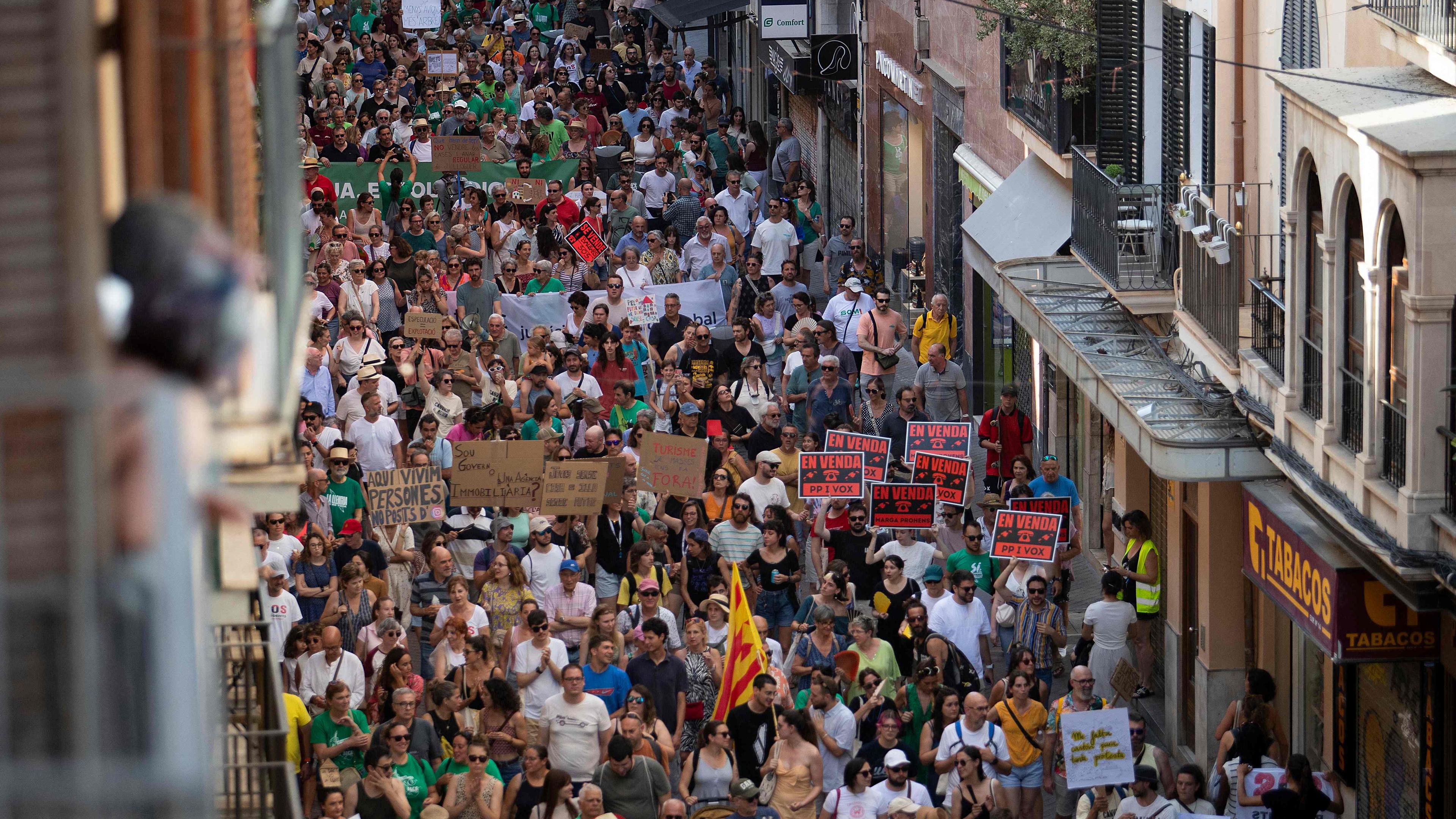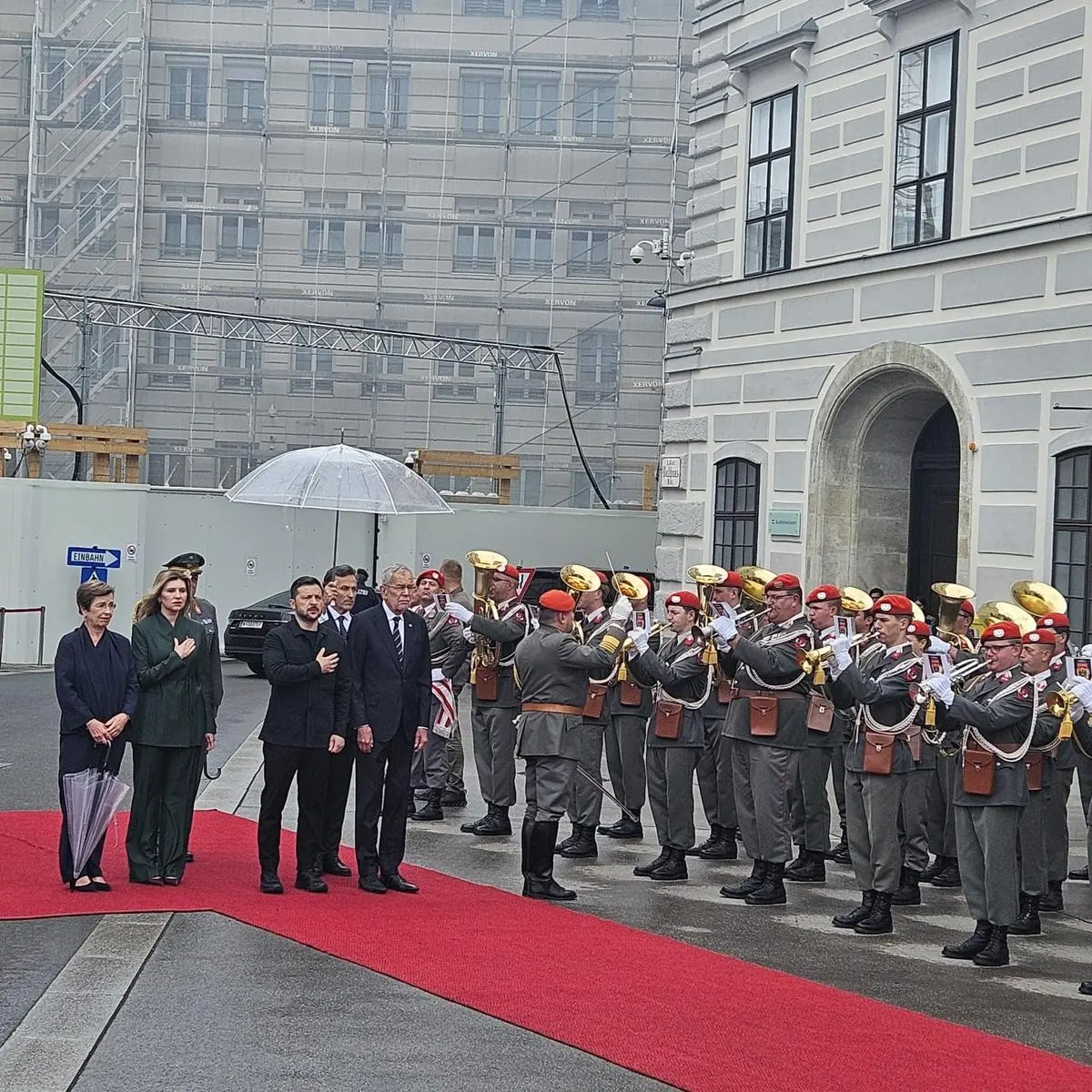Europe’s banks give their reluctance to arms financing

Money houses such as BNP Paribas, Commerzbank, Deutsche Bank and Société Générale make every effort to highlight their connections to armaments companies. While they previously highlighted their environmental and climate balance, the public messages of the banks are now focusing on their role in the recovery of Europe.
Deutsche Bank feels « honored » together with the European investment bank on a project to provide one billion euros for defense companies and projects, explained Fabrizio Campelli, head of the Corporate Bank and Investment area, in a press release. « The message is clear: we are ready to strengthen the resilience of the European security and defense industry. »
Reputation risk
Internally, the banks have changed their guidelines and strategies to ensure that they can work with a sector that has long been considered a risk of reputation, as representatives of some of the region’s largest banks told Bloomberg. They also set up special teams, employ employees for the care of weapon manufacturers and work with governments to ensure that state politics is also adapted accordingly.
« We have revised our guidelines, but also our own way of thinking from ‘No, unless …’ To ‘yes, unless …’, » said Steven van Rijswijk, Chief Executive Officer of the ING Groep, in an interview. This means that the bank has given up its reserved attitude towards loan applications from the defense industry and is now welcoming them.
« If the leadership indicates a clear tone » in terms of the necessary change in the attitude, « the organization can follow quite quickly, » said van Rijswijk, as was the change in a large number of employees in a relatively short time.
Strong contrast
This is in a strong contrast to the past when many banks were more concerned with polishing their sustainability balance, which was regarded as a contradiction to business with arms manufacturers. The comparatively low military expenditure of several EU countries also meant that the banks did not escape too big business.
Arms exports for almost half a billion euros to Israel
This has now changed because the EU and its Member States are preparing to spend hundreds of billions of euros for military equipment and the associated infrastructure. They strengthen their defense because Russia under President Vladimir Putin is considered a growing threat, while the United States under President Donald Trump signal a declining willingness to protect its European allies.
Banks are now working to facilitate access to financial resources to these companies.
Much of the additional expenses will come from Germany, where the government presented a historical debt package at the beginning of the year. In Germany, companies such as Rheinmetall, a manufacturer of weapons and ammunition, whose share price is skyrocketed this year, but also many small and medium -sized companies that have no easy access to the financial markets.
Banks are now working to facilitate access to financial resources to these companies. Deutsche Bank has set up a special team for business in the defense area. The French bank BPCE plans to announce an update of its politics to support defense financing, « to reaffirm her commitment », as announced in an explanation.
Challenges of European sovereignty
The banks will not significantly reduce the elaborate Know-Your Customer exams that they do at armaments companies before they do business with them, but they should accelerate the internal approval processes for individual transactions, said a representative of a large Deutsche Bank who wanted to remain anonymous.
The insurance division of BNP Paribas has announced plans to double its commitment to the defense sector to one billion euros in the next three years, while the fund management division « is working on the creation of new funds in order to counter the challenges of European sovereignty, including defense », as it was said in a statement.
Since reimbursement in Europe is promoted by the governments, relationships with the states play a major role. Several countries, including France and the Netherlands, have set up regular meetings with executives from armaments companies and banks, while the banking lobby EBF has launched a task force that Deutsche Bank, BNP Paribas, Unicredit, Intesa Sanpaolo and InG reported.
Meanwhile, the European Commission wants to submit a proposal to how different obstacles to the defense industry, including financing, can be eliminated.
How much money the European banks will ultimately earn with the expected armaments boom is still open.
The EIB is currently reviewing more than 20 projects, including barracks for a German brigade in Lithuania, as President Nadia Calvino explained to bankers last week at a conference in Frankfurt.
« Some big banks let me down, » said Alain Dulac, CEO of Factem, a small French manufacturer of civilian and military radio devices with 80 employees, recently at a conference in Paris. « We have no doubt that the government will mobilize at the highest level. The question is how this will affect the whole country. »
How much money the European banks will ultimately earn with the expected armaments boom is still open. So far, government spending is more of an announcements than actual orders, although most bankers assume that business will start in the coming year.
War is won with technologies of SMEs and start-ups
Alexander Mann, Global Head of Industrials at Commerzbank, said that defense companies only have a limited credit requirement, as they usually receive advance payments for orders. Nevertheless, banks play an important role in supporting the armaments industry through the provision of guarantees, hedging, trade financing and consulting services.
Large companies in the industry « usually have no problems financing themselves, » said Arnaud Journois, analyst at Morningstar DBRS. « But a war like in Ukraine is won with drones, the production of which costs $ 200, or with technologies of SMEs and start-ups », which are often struggling with financing bottlenecks, he said.
Journois emphasized the enormous amounts of money that Europeans keep in savings accounts and « could be mobilized with the help of the banks » in order to serve as a source of financing for the defense industry. Equity financing is particularly important, he said.
We want to emphasize that defense will be a very lucrative business.
Diego de Ojeda
Head of the European Commission
Banks’ wealth management divisions also get into this business, especially since they change their consideration of environmental, governance and social aspects. DWS boss Stefan Hoops told Bloomberg that this relocation only had the potential in the German fund industry to direct hundreds of billions of euros to defense companies and projects.
« We want to emphasize that defense will be a very lucrative business, » said Diego de Ojeda, head of the European Commission department and provision, at a conference of the IESE Business School. « There will be a massive money flow. »








